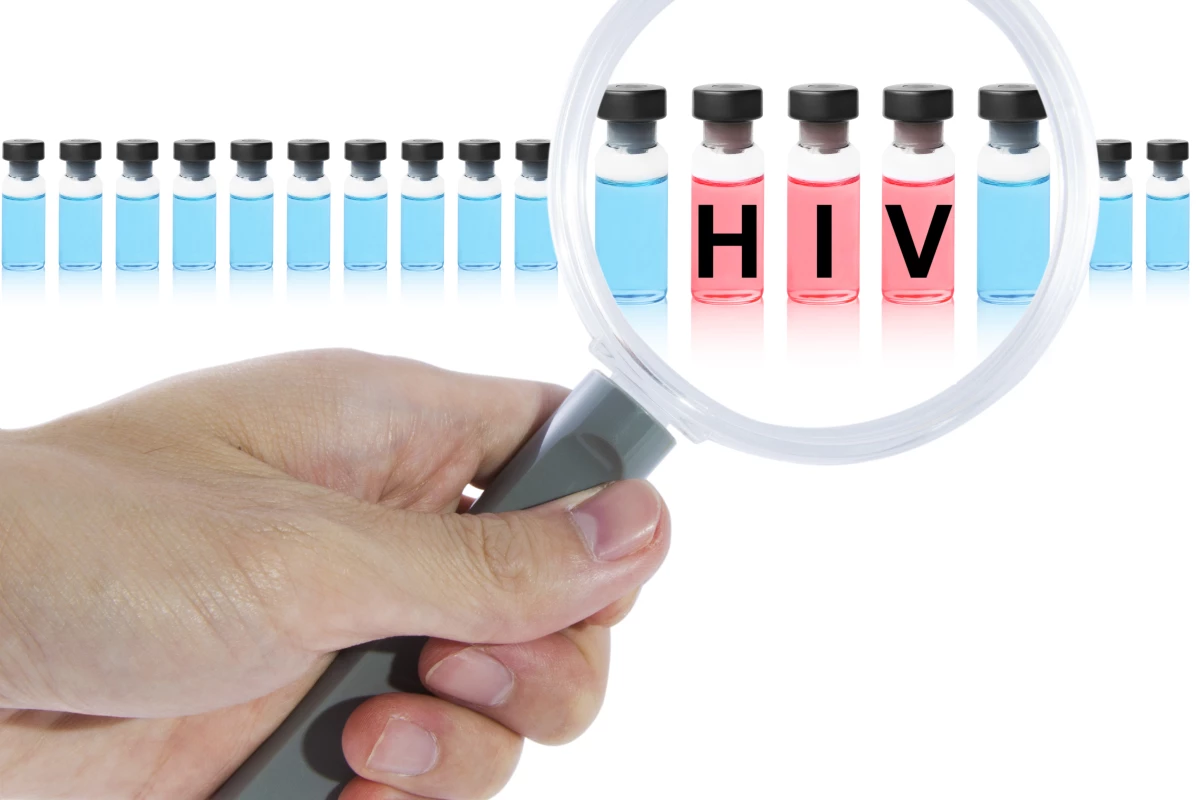In a blow to researchers all across the world, the only HIV vaccine currently in Phase 3 human trials has been deemed a failure and studies have been discontinued. The experimental vaccine was being tested in thousands of participants across Europe, North America, South America and Africa, and its failure turns current research focus onto several other candidates only in early-stage human trials.
The trial, dubbed "Mosaico," began in 2019 and was one of three promising late-stage real-world tests for several types of HIV vaccines that had been in development for more than a decade. Mosaico was the last remaining hope from these three major trials.
The first trial began in 2016, enrolling more than 5,000 people in South Africa. Called "Uhambo," that trial was testing a vaccine regimen that combined two different experimental HIV vaccines. Uhambo was discontinued in 2020 after early data analysis revealed similar numbers of HIV infections were being detected in both vaccine and placebo groups.
The second trial, known as "Imbokodo," began in 2017, focusing on around 2,500 women in sub-Saharan Africa. That study was testing a vaccine similar to the Mosaico trial, delivering a variety of different HIV antigens in a single shot. Imbokodo was discontinued in mid-2021, again with an interim data analysis finding the vaccine didn't offer protection from HIV infection.
Now, in a new joint announcement from the National Institutes of Health, Johnson & Johnson and the HIV Vaccine Trials Network (HVTN), Mosaico has been officially discontinued. The story with Mosaico is sadly the same. After enrolling approximately 3,900 men across 50 trial sites an interim data analysis revealed similar rates of HIV infections between placebo and vaccine groups.
Susan Buchbinder, from HVTN and co-chair of the Mosaico trial, expressed both disappointment and hope in a statement regarding the study's failure.
“For our research partners and others who have waged a decades-long effort to develop vaccines to end the HIV/AIDS pandemic, these results are disappointing," said Buchbinder. "Although HIV continues to prove uniquely challenging for development of a vaccine, the HIV research community remains fully committed to doing just that, and each study brings us a step closer to this realization."
Penny Heaton, part of Johnson & Johnson's vaccine research team, also expressed disappointment at the result of years of work and investment. Heaton did indicate that this wasn't the end of the line for the pharmaceutical company's investment into HIV therapeutics.
"We remain steadfast in our commitment to advancing innovation in HIV, and we hope the data from Mosaico will provide insights for future efforts to develop a safe and effective vaccine," said Heaton. "We are grateful to our Mosaico partners and the study investigators, staff and participants.”
The failure of Mosaico is yet another setback in a research field that has faced decades of challenging clinical trial failures. There are certainly several promising new HIV vaccine candidates at various stages of research – mRNA vaccines in particular have recently delivered exciting preclinical results – but those technologies are only now entering early-stage human testing, with larger trials several years away.
Larry Corey, another researcher working with HVTN, is still optimistic progress is being made. Corey says discoveries are made with every failed clinical trial. Studies are being streamlined and, even without a successful vaccine, HIV therapeutics are getting better all the time.
“HIV is a constantly changing and very challenging adversary," said Corey. "We can become disappointed when our best efforts don’t produce the results we’re looking for. We have, however, come a long way and made many discoveries since the time when life expectancy was very short following an HIV diagnosis.”
Sources: NIH, HVTN, Johnson & Johnson




